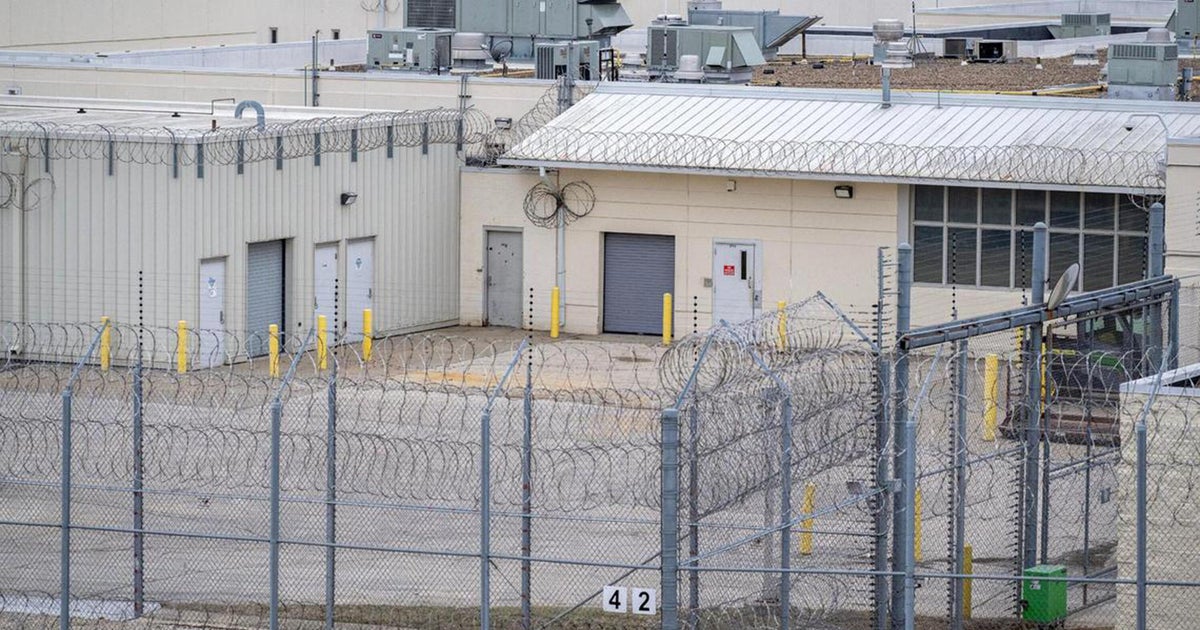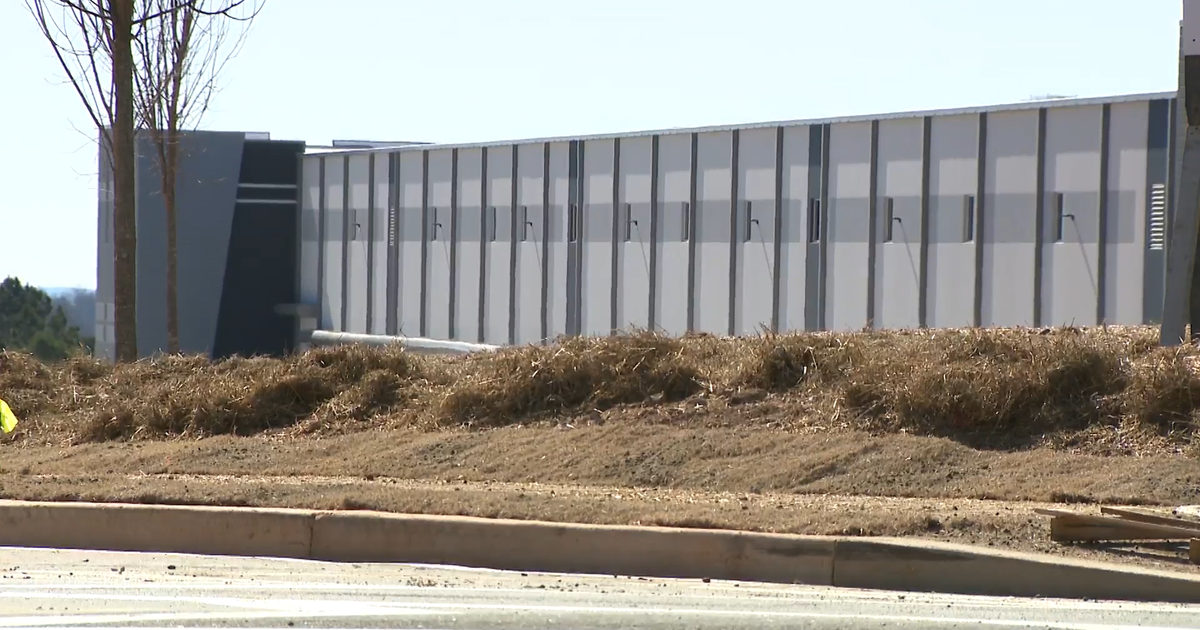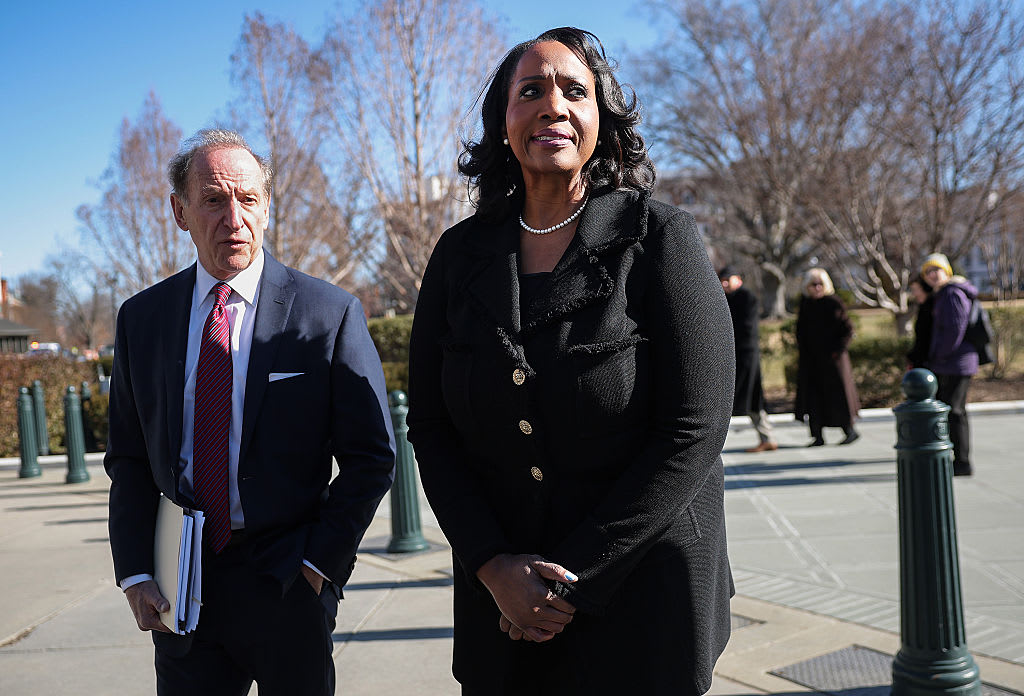Supreme Court to review Trump's decision to end DACA
On the last day of its term, the Supreme Court decided to take up a challenge to the Trump administration's decision to end an Obama-era program that allowed undocumented immigrants who came to U.S. illegally as children to apply for temporary protection from being deported. The move comes as the Trump White House is under renewed scrutiny over the treatment of young migrants in U.S. custody at detention centers as well as a revolving door of leadership at the country's top immigration post.
In total, the court will hear three cases on the Deferred Action on Childhood Arrivals program known as DACA which will be consolidated into one ruling when the justices return in October.
The Justice Department had previously appealed to the Supreme Court to fast-track its decision on DACA as part of the prolonged legal battle over President Trump's decision to terminate the program. The administration referred to the program as an "unconstitutional" overreach of executive authority that caused great legal concern. But a string of lower courts didn't agree with the Trump administration's position, effectively blocking the White House from deporting young undocumented migrants who have only known the U.S. as their home.
Following a nationwide injunction, led by California Attorney General Xavier Becerra, the Trump administration was forced to approve more than 373,000 renewal requests. Becerra said in a statement after the Court's announcement, "We look forward to making our case before the Supreme Court."
"DACA reflects our nation's commitment to helping hardworking people and creates hope and opportunity for a new generation – many of whom were brought to our country as toddlers. So far, both lower courts in our legal fight to protect DACA have agreed with us that the Trump Administration's attempt to end it was unlawful," Becerra added.
Previously, under the 2012 program, individuals who demonstrated that they met the following criteria were eligible for DACA protections:
- Came to the United States before the age of 16;
- Have continuously resided in the United States for at least five years before the program went into effect and were present in the United States on the date the program went into effect;
- Are currently in school, have graduated from high school, have obtained a general education development certificate, or are honorably discharged veterans of the Coast Guard or Armed Forces of the United States;
- Have not been convicted of a felony offense, a significant misdemeanor offense, multiple misdemeanor offenses, or otherwise pose a threat to national security or public safety;
- Not above the age of 30
Several efforts to place young undocumented immigrants known as Dreamers on a pathway to citizenship have failed for nearly two decades in Congress. Although Mr. Trump has expressed some sympathy for this group of immigrants, he has repeatedly opposed stand-alone bills to legalize DACA recipients.
House Speaker Nancy Pelosi said in a statement on Friday that her caucus intends to "continue to work to fix our broken immigration system with comprehensive immigration reform that honors our values as a nation of immigrants and our responsibility to secure our borders."
While Mr. Trump said that he would extend protections for DACA for three years, the president had charged Congress with delivering on a final legislative fix to the outstanding immigration problem.



